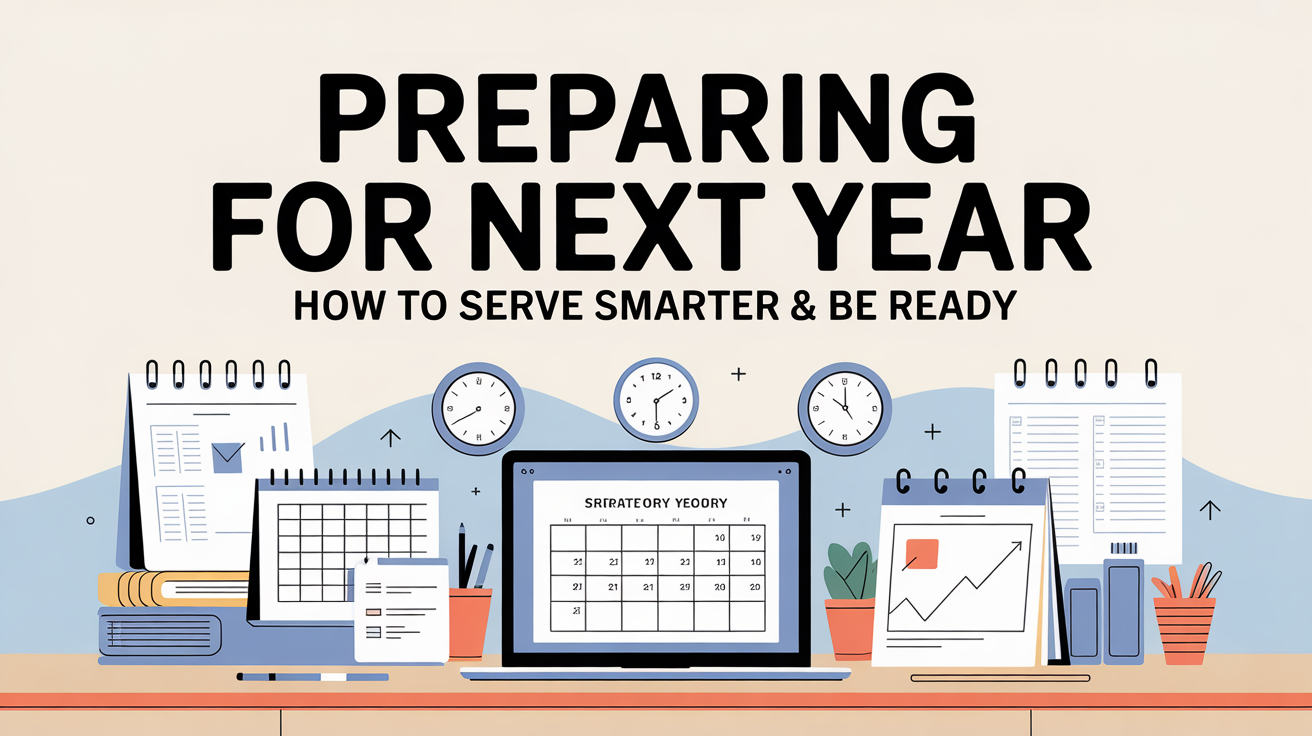For children and teens with cognitive disabilities, developing social skills can be a challenge. Social interactions require communication, emotional regulation, and adaptability—skills that may take additional guidance and practice to develop. Structured after-school programs provide a supportive, engaging environment where these children can enhance their social abilities in a way that is both fun and educational.
The Importance of Social Skills Development
Social skills are essential for building relationships, navigating everyday interactions, and fostering independence. Children with cognitive disabilities may struggle with initiating conversations, understanding social cues, or managing group dynamics. Without structured opportunities to practice these skills, they may experience social isolation or frustration in peer interactions.
After-school programs designed for children with cognitive disabilities offer the following benefits:
- Safe and Supportive Environment – Structured activities provide consistency and guidance, allowing children to practice social interactions without fear of judgment.
- Repetition and Reinforcement – Regular participation in group activities helps reinforce social behaviors and encourages gradual skill-building.
- Peer Interaction – Engaging with peers in a structured setting fosters friendships and teamwork, which are critical for social development.
- Guided Learning – Skilled facilitators provide real-time coaching and encouragement, helping children navigate social situations effectively.
Structured Activities That Enhance Social Skills
The key to a successful after-school program is incorporating activities that naturally promote interaction, cooperation, and communication. Here are some effective activities that encourage social growth:
- Group Games and Team Sports – Activities like cooperative board games, soccer, or relay races teach teamwork, turn-taking, and problem-solving.
- Role-Playing and Social Scenarios – Practicing real-life situations, such as ordering food at a restaurant or introducing oneself, helps children gain confidence in their interactions.
- Arts and Crafts Collaborations – Working on a shared creative project encourages communication and cooperation while fostering self-expression.
- Storytelling and Drama Clubs – Acting out stories or participating in improvisation games improves communication skills and encourages emotional expression.
- Community Engagement Activities – Visiting local parks, volunteering, or taking part in group outings helps children practice social skills in real-world environments.
How Caregivers and Educators Can Support Social Growth
The success of social skills development extends beyond after-school programs. Families, educators, and caregivers play a vital role in reinforcing positive interactions. Here’s how they can help:
- Encourage Consistency – Practicing social skills at home through playdates, family activities, or daily routines reinforces what children learn in structured programs.
- Use Positive Reinforcement – Acknowledging and rewarding successful social interactions builds confidence and motivation.
- Model Appropriate Social Behavior – Demonstrating positive interactions and emotional regulation provides children with examples to follow.
- Communicate with Program Facilitators – Collaboration between caregivers and after-school program staff ensures consistency in support strategies.
A Brighter Future Through Social Development
Structured after-school programs provide a vital platform for children and teens with cognitive disabilities to develop the social skills necessary for lifelong success. By engaging in carefully designed activities, they build confidence, strengthen peer relationships, and improve communication. With the right support, these children can navigate social interactions with greater ease, setting the foundation for a more independent and fulfilling future.



